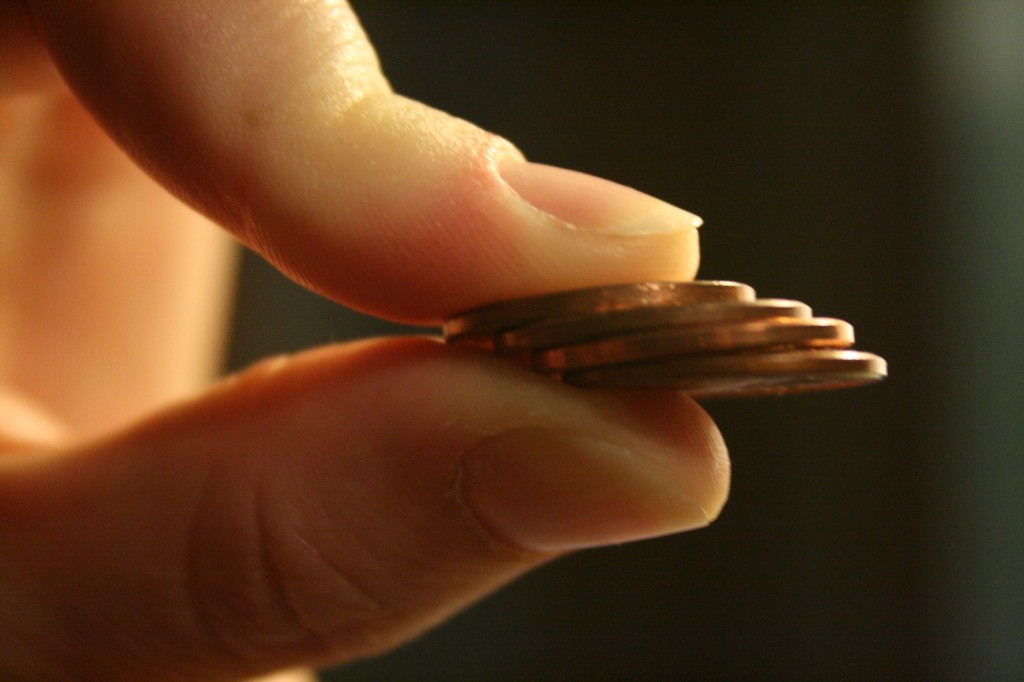If you’ve got $10 to donate, and had to give it to an individual rather than a formal charity with a fundraising department and a celebrity spokesperson, whom would you choose?
- A 7-year-old pediatric AIDS victim?
- The disfigured victim of a hit-and-run accident?
- Kelli Space, an able-bodied, perfectly healthy, 20-something college educated woman who rang up $200,000 in student loan debts?
If you answered anything other than A or B, you’re part of the problem. Believe it or not, Kelli Space[1] borrowed this obscene amount of money to educate herself at Northeastern University. Even more incredibly, she begged for money and found enough idiots to contribute $12,000. Including at least one person who donated $1000.
Ms. Space buries it in on her website, but guess what her degree is in?
Civil engineering. She’s the only engineer on the planet who can’t find work. Can you believe that?
Of course you can’t. We lied. Her degree is in sociology, a word derived from the Greek for “unemployable leech who refuses to be productive.” And which embarrasses those who major in it to the point where they go out of their way to hide it.
Ms. Space is secretive about where she works, where she lives, how much money she makes, and what she looks like. (The only photos we can find of her appear to be straight out of a Corbis gallery.) Also, we can’t find her on LinkedIn, which is odd for a college-educated 23-year old who needs to make connections and is savvy enough to have been featured on major websites.
Nor could we find her on Facebook. And of the four Kelli Spaces who show up on US Search, the youngest is 35 years old. In at least one interview she claims to have been asked to write about education for The Washington Post, but the next article we see from her there will be the first.
Alright, the more we research this the more we’re convinced she isn’t real. But “Kelli” entered the public arena over a year ago, being featured on Gawker as an example of someone whom the education-industrial complex has abused by lending her money she couldn’t afford to pay back. If you go to her website (which WhoIs.net shows is owned by EduLender, a company that streamlines college aid forms and which “Ms. Space” has partnered with), there’s a donation form that takes you to PayPal. It wasn’t worth the minimum $5 donation for us to see if PayPal will indeed process the transaction.
If the purpose of the Kelli Space story is to rile people up on both sides of an issue, fomenting antagonism between the “she made an innocent mistake” crowd vs. the “she needs to be an adult” contingent, it worked. And if the purpose is to get the inflammatory curmudgeons at Control Your Cash to devote a blog post to questioning the value of post-secondary education, it worked in spades.
We’ve already demonstrated how incurring student loans is a path to anything but riches. Even a huge percentage of lawyers are still paying off their student loans well into their 30s. Not that the practice of law contributes to overall human happiness any more than whatever a liberal arts degree qualifies its recipient for, but at least lawyers (unfortunately) make decent salaries.
Is a college degree really worth it?
That’s like asking “Should I invest my money in a stock?” “It depends” is the only satisfactory answer.
The aggregation of human knowledge throughout history has two major components – discovery, and debunking. Don’t underestimate the latter. In centuries past, at different times, the smartest people on the planet were convinced that
- the Sun is stationary;
- light travels through something called ether;
- you can turn lead into gold with enough heat;
- your body has 4 major fluids that need to be kept in balance – blood, phlegm, black bile and yellow bile. (By the way, this belief predominated for 2000 years.)
Or more recently,
- an economy is too complex to be entrusted to anyone but the intellectual elite, and;
- an education is the most important thing in the world, to be achieved at all costs.
It isn’t. For plenty of hardworking, earnest, ambitious high school graduates, the worst thing they can do is pile on more years of book-larnin’ that come with a crippling price tag. There are trade schools whose tuition is barely 1% of the cost of a 4-year degree at Northeastern, and that’s not even factoring in the inevitable interest payments that come with financing a university education. At some point, an economically independent person blessed with even the least common sense learns to strike a balance between potential (that college degree that we’ve decided is more important than health or well-being), and actual (getting out in the marketplace and doing something that earns money.) If it takes The Legend of Kelli Space to bring that truth to light, then maybe “she” has found her purpose after all.
[1] Anagrams include “peace kills” and “please lick”. Are we sure her name isn’t a pseudonym? Heck, maybe her entire story is false. There’s no video evidence of her, merely audio evidence on some radio show that no one listens to. She’s the Osama bin Laden of upside-down college graduates. In the event that it turns out this entire thing was a hoax, consider us de-pantsed. Until then we’ll assume her story is true, especially since we’ve already documented similar ones.
**This article was featured as a Top Personal Finance Post of the Week-November 4, 2011 Edition**





